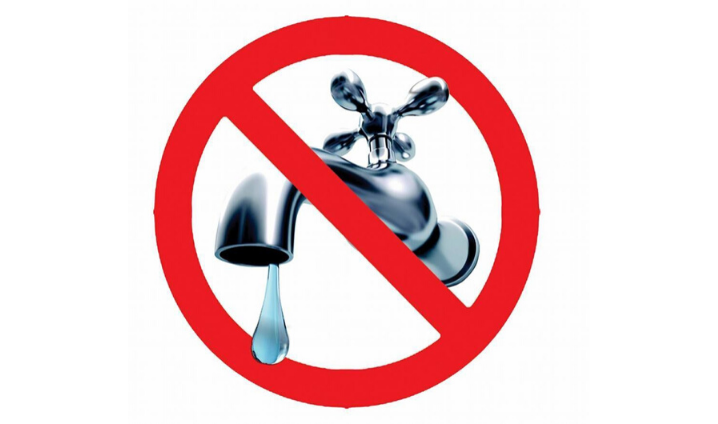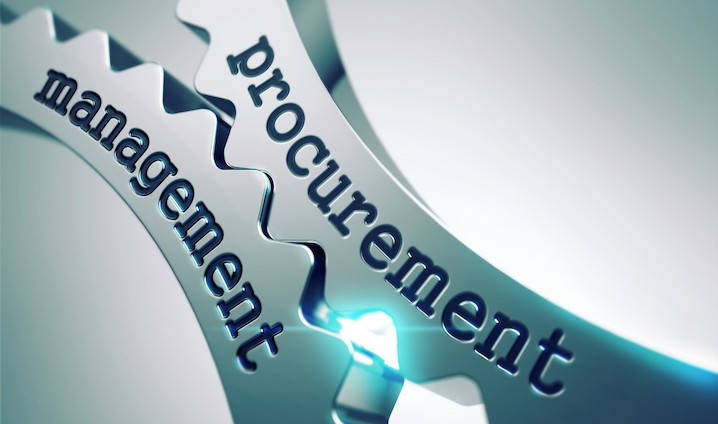
It is clear that water supplies throughout the United States are not a source of real risk for coronavirus transmission. Advanced water treatment processes regularly include chlorination and other steps designed to prevent microbial and viral contamination. While there may be very modest risks for transmission in wastewater, the real threat to the water industry from the global pandemic is the impact on the people who are responsible for maintaining our water systems. Water utility management is labor intensive and many suppliers operate outdated systems that require manual intervention at numerous stages of the procurement, treatment, delivery, and meter-to-cash processes.
[Read more…] about Water Technologies for the Pandemic Era








